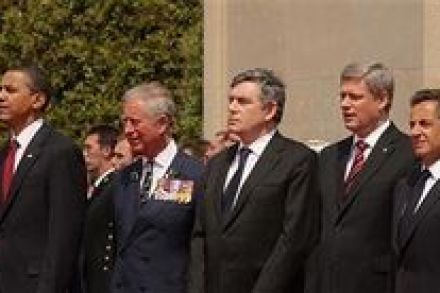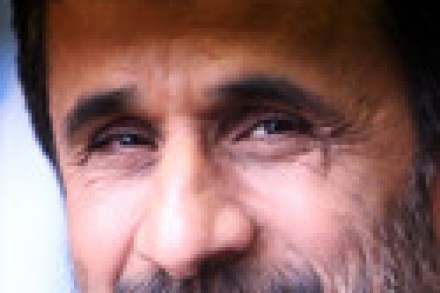The end of special relationships
Today, two of my colleagues, former senior MoD official Nick Witney and US analyst Jeremy Shapiro, issued a hard-hitting report about transatlantic relationships. Their message is simple. Europe has the US president it wished for, but Barack Obama lacks the strong transatlantic partner he desired. With EU leaders heading to Washington for their transatlantic summit on 3 November, Shapiro and Witney caution European governments: an unsentimental President Obama has already lost patience with a Europe lacking coherence and purpose. In a post-American world, the United States knows it needs effective partners. And if Europe cannot step up, the US will look for other privileged partners to do business with. Unfortunately,


















